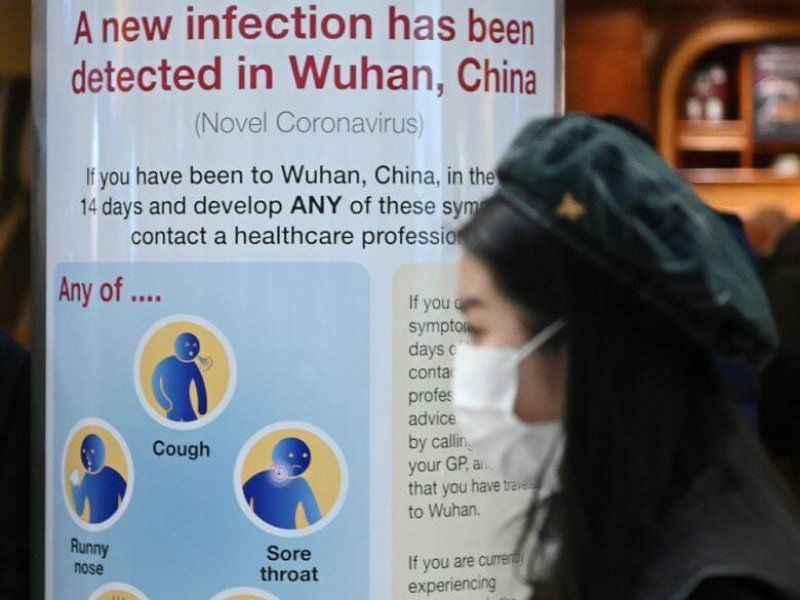Was it a bioweapon from a virology institute? Had it been known before and already patented? Could homeopathic remedies help? All of these ideas about the headline-making novel coronavirus disease—now officially called COVID-19—are blatantly false. As with any recent outbreak, from Zika to Ebola, untruths and conspiracy theories spread as quickly as the pathogen itself.
An emerging line of research exploring what might be called misinformation studies is trying to understand how and why fake beliefs arise during public health crises.
…
Researchers at Dartmouth College, IE University in Spain and other institutions conducted social science experiments showing that attempts to counter false beliefs about the Zika virus with information from the World Health Organization were often counterproductive: the debunking failed to lower misperceptions and even reduced respondents’ confidence in accurate information about the epidemic of the pathogen. The study appeared in Science Advances on January 29.
…
The researchers suggest that the reason debunking failed to work may relate to what is called the tainted truth effect: the act of warning the public that previously learned information is inaccurate can increase skepticism about other disease-related knowledge—even if it is correct.































